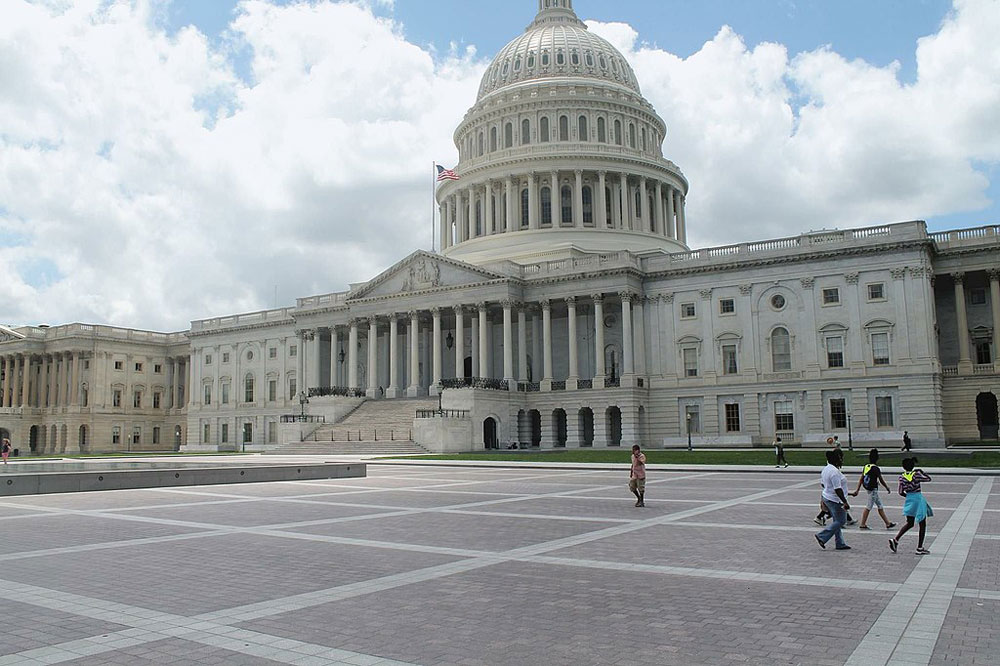September 19, 2011; Source: CBS New York | This story is testimony to the need to schedule in generations of policy work after any major win on a particular point of social change. In 1993, 19-year-old Natasha Alexenko was sexually assaulted at gunpoint in the hallway of her New York City apartment building. She immediately reported the assault and went to the hospital, where DNA evidence was collected using a rape kit. But the evidence sat unanalyzed for over nine years before prosecutors finally got around to checking it just months before the ten-year statute of limitations ran out. Alexenko’s attacker was later convicted and went to prison.
New York State has since abolished its statute of limitations on sexual assault, but not all states have, and there are indications of a nationwide backlog in unanalyzed rape kits. Now, Alexenko has started a nonprofit to work with Stony Brook University on Long Island to gather nationwide data about the problem. A report issued in May by the National Institute of Justice finds some related problems in that that 43 percent of law enforcement agencies lack computerized systems for tracking forensic evidence, and in 18 percent of unsolved sexual assault cases occurring between 2002 and 2007 the evidence was never even submitted for analysis. According to CBS New York, the report states that the number of unanalyzed sex assault kits is unclear in part because many jurisdictions have an “antiquated process” of reporting.
Sign up for our free newsletters
Subscribe to NPQ's newsletters to have our top stories delivered directly to your inbox.
By signing up, you agree to our privacy policy and terms of use, and to receive messages from NPQ and our partners.
Tia Palermo, assistant professor of preventive medicine at Stony Brook, told CBS, “Anecdotal evidence suggests that the rape kit backlog is large, but reliable estimates on the extent of the problem are nonexistent…We aim to survey prosecutors, police departments and medical examiners across the nation to quantify the problem and identify best practices in an effort to better inform policies and procedures.”
Palermo told CBS that the high cost of DNA analysis—$800 to $1,500 per kit—made cash-strapped police departments and prosecutors’ offices reluctant to process the evidence in cases where the alleged victim identified her attacker or when a witness’s statements were deemed unreliable. But Alexenko is determined to get a handle on the size of the problem. She CBS, “The revolution in DNA technology should strengthen the criminal justice response, not delay it.”—Ruth McCambridge












